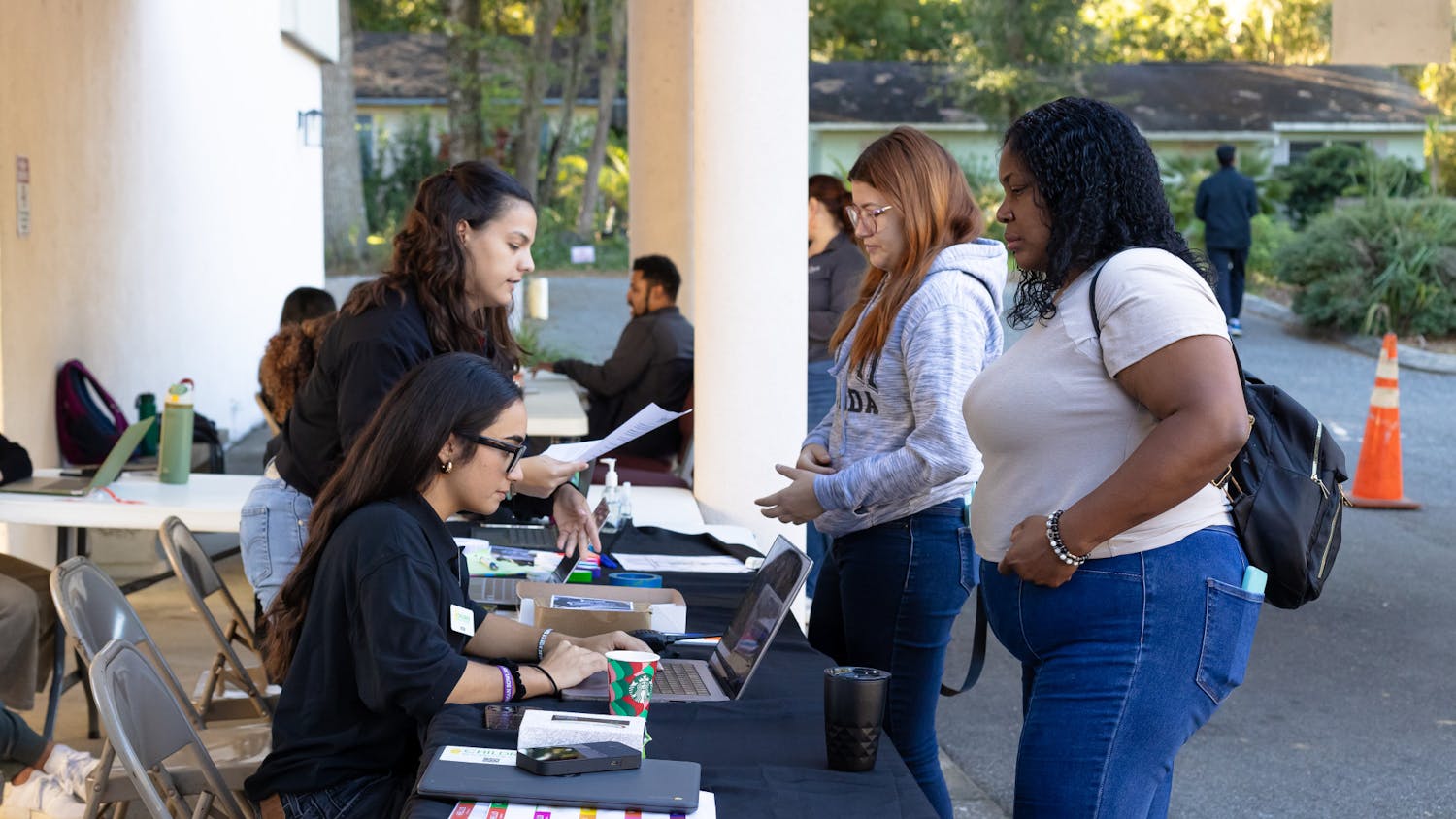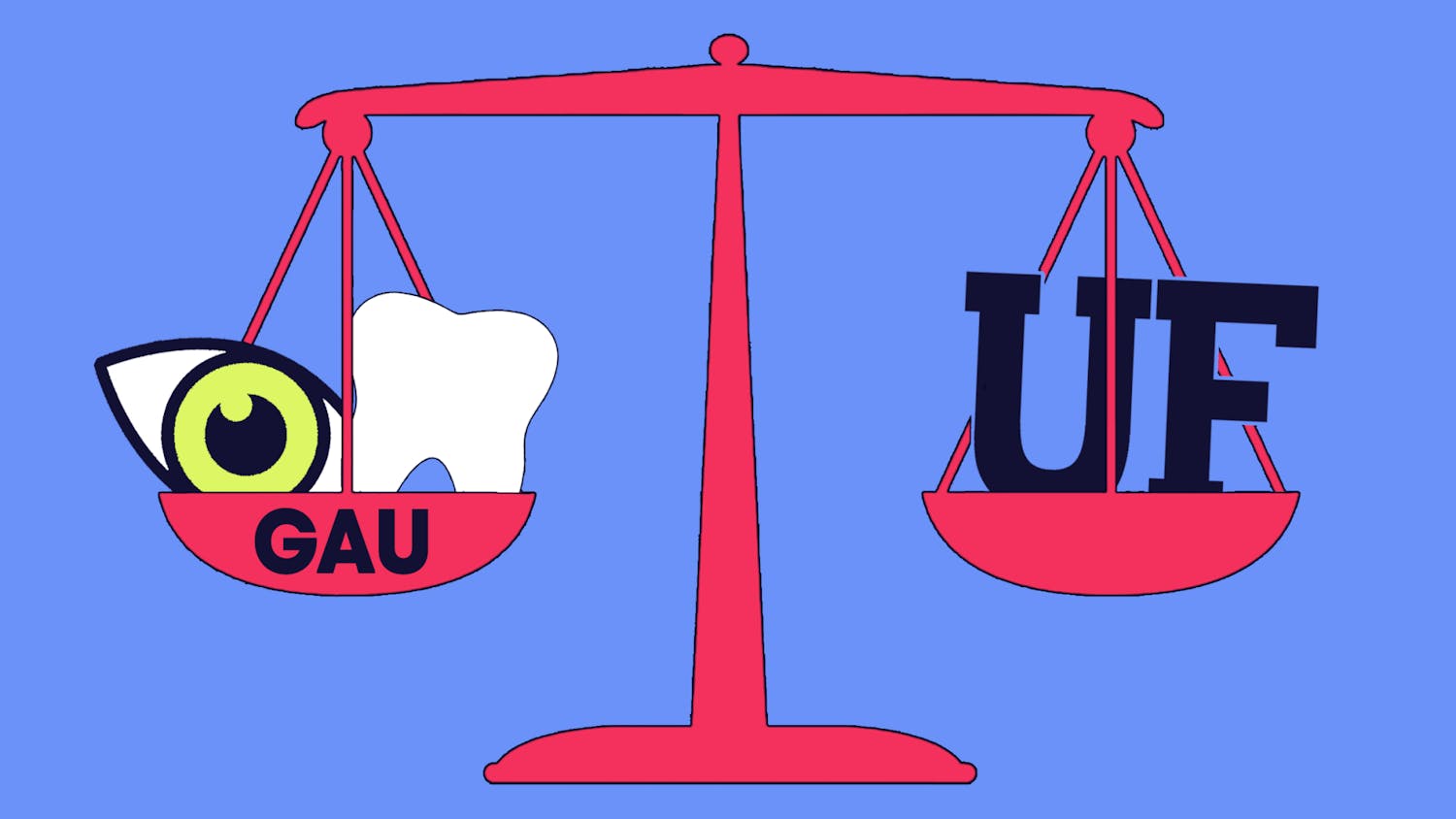Future scholars will look back on the Great Healthcare Debate of 2009 and scratch their heads out of curiosity and confusion. Then they will ask two simple questions: What took the greatest nation on earth so long to finally make considerable progress in ensuring universal health care for its citizens? Why did Republicans and even moderate Democrats oppose the idea?
Ever since President Franklin Roosevelt first declared health care an "economic right" to be enjoyed by all Americans, there has been a steady stream of naysayers intent on nixing health care reform. Charges of communism, socialism and fascism are not new either. When President Harry Truman tried to introduce a national health insurance program in the late 1940s, the American Medical Association quickly attacked it as communist.
We've gone from anti-communism fears of the middle 20th century to anti-terrorism fears of today, but how has public opinion changed since then? Not much, actually. Multiple polls before and after the recent election show a strong public desire for health care reform, reform that would include government intervention in the insurance industry.
Knowing this desire, I've been racking my brain to discover why so much hoopla has been made over the Great Health Care Debate of 2009. Guess what? I solved the question.
And if I don't get a Nobel award for this, a committee in Norway can expect a very nasty letter next year.
Politics and politics only is the reason why some in this country have met health care reform with such outrage. Health care reform is the Democratic Party's ultimate panacea, and the accepted thinking going around the table in the Republican war room is to squash any and all reform that's authored by anyone with a D by his or her name.
It's a shame that politics is overtaking this country's best intentions once again. Health care reform was Teddy Kennedy's professional cause of life, but he turned down President Richard Nixon's health care insurance reform that would have required all employers, large or small, private or public, to offer insurance to its employees. Kennedy withdrew because of pressure from labor unions, just as Nixon backed down due to pressure from the American Medical Association. Issues and ideology may have contributed to the lost negotiations between Nixon and Kennedy, but the larger factor was an underlying mistrust between the two sides.
More than 60 years have passed since the idea of insuring all Americans with some sort of health care coverage has floated around the limestone walls of Washington, D.C., and we are closer than ever to achieving this sought-after goal. But mistrust between the political parties is nearing its zenith and could threaten meaningful reform once more.
This is why, in my infinite wisdom, I propose a no-political-gain ban on health care reform. The system desperately needs reform, but fear of political exploitation could ultimately doom any attempt and lead Democrats scrambling to come up with a watered-down bill just in time for Christmas (surprise!).
The no-political-gain ban wouldn't allow any politician to campaign taking credit or discrediting any reform bill that was passed this year. President Barack Obama couldn't take credit for a bill in 2012, nor could any congressional Democrats in 2010. This way, the Republican leadership could stop trying to halt the Democrat electoral gravy train with its one strategy of trying to trip Obama and instead focus on legitimate ideas.
They could start by revisiting Nixon's shelved plan.
Matthew Christ is a political science sophomore. His column appears on Mondays.





